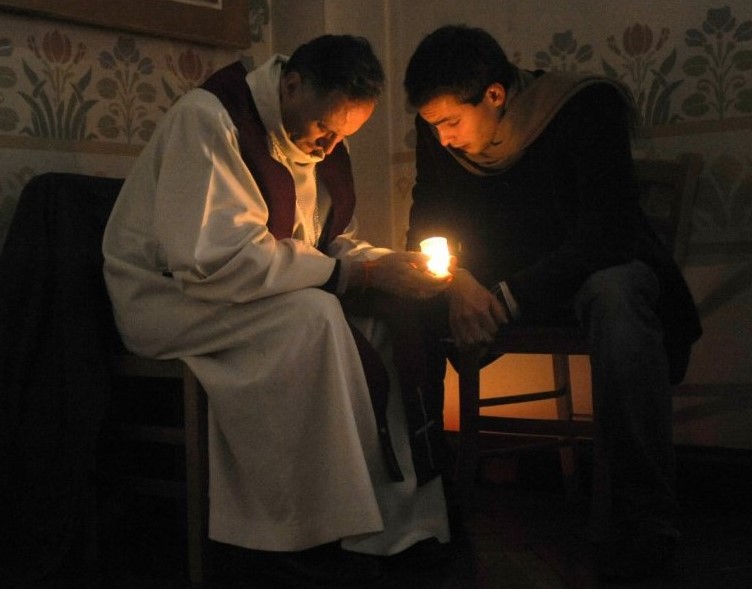
The pandemic restrictions convinced us that we needed to be “saved” from the virus. Then, suddenly, a “savior” appeared in the form of a vaccine. Immunizations were supposed to get our whole society back to “normal” again. Wouldn’t it have been strange if, once the vaccine arrived, it was no longer talked about, the way today’s latest news item is forgotten by tomorrow. The arrival of the vaccine set a whole new process in motion, and it continues even to this day.
For a month we have been playing music, decorating houses, and preparing Christmas parties to celebrate the arrival of our Savior. Then, strangely enough, once the Savior arrived, we forgot it within a day. Why is it that the announcing of a vaccine sets off a great plan of action, and the announcing of Jesus fizzles out the following day?
My take is, people do not really believe they need a Savior. On the other hand, a whole society really believes it needs a vaccine. If we didn’t have a pressing need for a Savior, the whole Christmas thing is an empty show and meaningless celebration.
Our readings today, on the feast of the Holy Innocents, remind us that we need a Savior much more than we need a vaccine. A vaccine may allow us to have a few more years on this earth; our Savior, on the other hand, holds the key to whether we make it to heaven.
St. John tells us rather bluntly why we need a Savior (1 John 1:5-2.2).
“If we say, ‘We have fellowship with him,’ while we continue to walk in darkness, we lie and do not act in truth.”
Apparently, there were those in the community who called themselves Christians but did not abide in the light. They did not continue to live in the saving grace that was given them at baptism.
“If we say, ‘We are without sin,’ we deceive ourselves, and the truth is not in us. If we acknowledge our sins, he is faithful and just and will forgive our sins and cleanse us from every wrongdoing. If we say, ‘We have not sinned,’ we make him a liar, and his word is not in us.”
Our sinful condition brings us to realize we need our Savior. To deny our sinfulness is to deprive us from Jesus’ merciful love. Saying we have not sinned is to make God a liar. We sure wouldn’t want to do that. And so, John exhorts all of us to “acknowledge our sins” so we can be forgiven and cleansed in Jesus’ blood.
In the gospel we read about Herod’s massacre of little babies in Bethlehem and its vicinity (Matthew 2:13-18). God sent an angel to Joseph to protect Jesus from Herod’s edict.
“…the angel of the Lord appeared to Joseph in a dream and said, ‘Rise, take the child and his mother, flee to Egypt and stay there until I tell you. Herod is going to search for the child to destroy him.”
Jesus needed to be saved from the wicked Herod, and so God tipped off Joseph in advance and they left Bethlehem.
God is in the “salvation business.” He is always sending out his mercy to us in the form of forgiveness and healing. When we are in danger from the tactics of the Enemy, he arranges to protect us.
Let us humbly admit our true condition and dependence on God daily. For us Christmas is just beginning—his saving grace flows.
“Our help is in the name of the Lord” (Ps 124:8)
